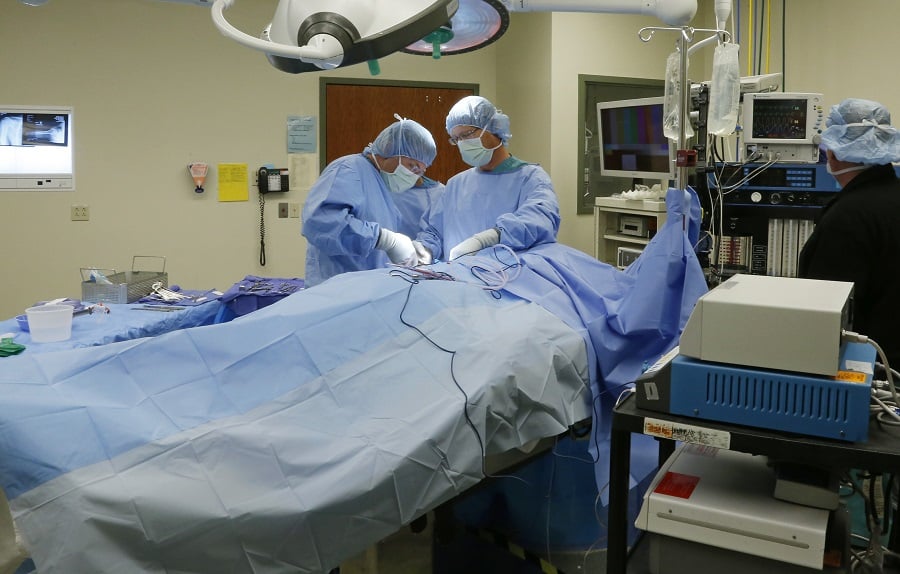 Estimates suggest that 2.9 million surgical patients become persistent opioid users each year.
Estimates suggest that 2.9 million surgical patients become persistent opioid users each year.
The opioid crisis was of significant concern before COVID-19 and it's only been exacerbated by the pandemic. The resulting health and economic consequences of coronavirus have added another layer of stress, anxiety, fear and worry about job security to most people's lives. According to the Centers for Disease Control and Prevention, this environment is especially challenging for high-risk individuals including drug users and those undergoing treatment as well as those with depression, living alone or having personal/marital issues. The void of connection, isolation and limited access to drug treatment and recovery programs has resulted in a surge of substance abuse and opioid overdoses.
Although we are likely not near the end of this pandemic, states have begun their reopening process. As a result, many Americans are beginning to schedule elective surgeries that were largely postponed or stopped because of COVID-19. Centers for Medicare & Medicaid Services has provided recommendations on how states that meet certain criteria can begin re-instituting elective surgeries. The White House's plan for Opening Up America Again includes resuming outpatient elective surgeries as a Phase One priority and inpatient elective procedures are to resume in Phase Two.
Continue Reading for Free
Register and gain access to:
- Breaking benefits news and analysis, on-site and via our newsletters and custom alerts
- Educational webcasts, white papers, and ebooks from industry thought leaders
- Critical converage of the property casualty insurance and financial advisory markets on our other ALM sites, PropertyCasualty360 and ThinkAdvisor
Already have an account? Sign In Now
© 2024 ALM Global, LLC, All Rights Reserved. Request academic re-use from www.copyright.com. All other uses, submit a request to [email protected]. For more information visit Asset & Logo Licensing.








